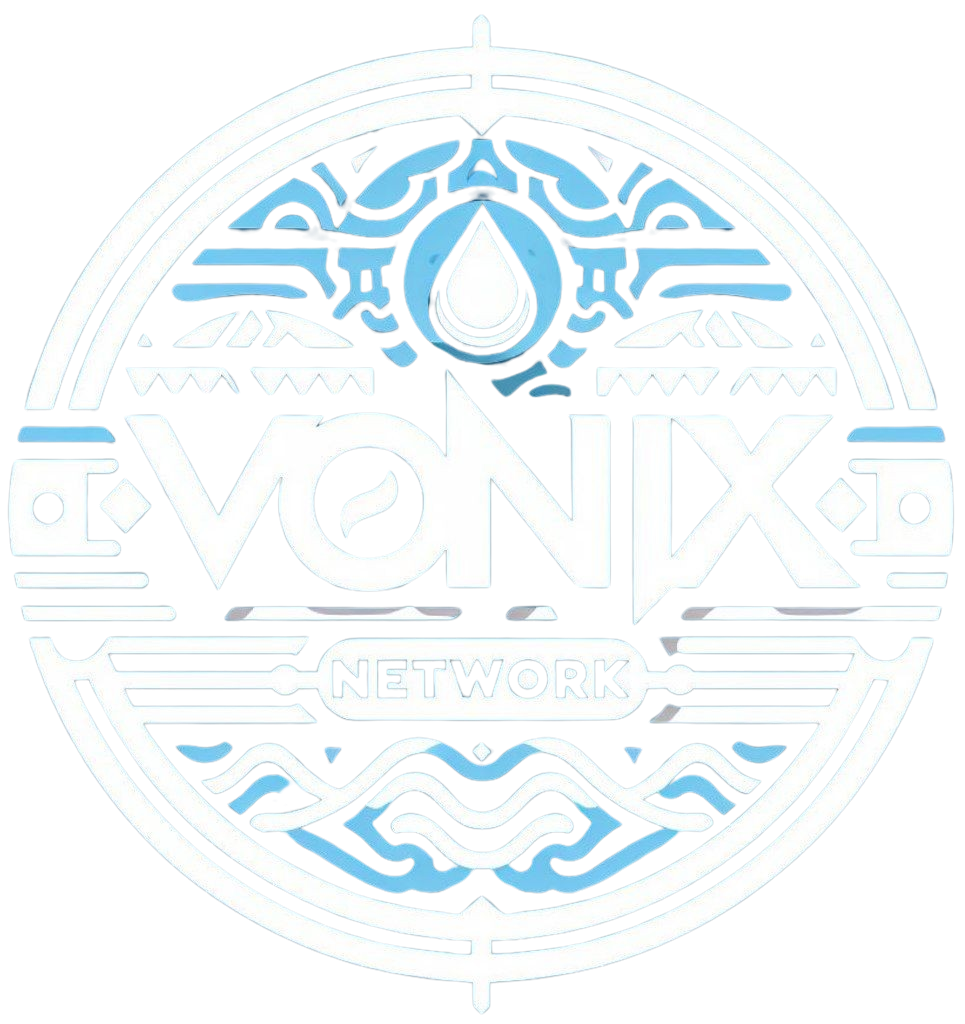Understanding Decentralization in Cryptocurrencies and Web3
1. What is Decentralization?
Decentralization is the process by which the activities of an organization, particularly those regarding planning and decision-making, are distributed or delegated away from a central, authoritative location or group. It involves the transfer of power, authority, control, and decision-making away from centralized entities to a larger distributed network.
2. Decentralization in Cryptocurrencies
In the world of cryptocurrencies, decentralization signifies the shift of power and decision-making from a single, centralized authority to a widespread, distributed network. The essence of decentralized networks lies in minimizing the trust participants need to place in each other while thwarting attempts to seize control or exert authority in a manner that could undermine the network's functionality.
Decentralized cryptocurrencies operate on a network where all participants have equal power and control. These types of cryptocurrencies are not controlled by any single entity or organization, but rather by a network of peers. The most well-known examples of decentralized cryptocurrencies are Bitcoin and Ethereum.
3. Decentralization in Web3
Web3, or Web 3.0, represents the next generation of the internet, which incorporates concepts such as decentralization, blockchain technologies, and token-based economics. Web3 is decentralized: instead of large swathes of the internet controlled and owned by centralized entities, ownership gets distributed amongst its builders and users.
Decentralization in Web3 involves setting up key infrastructure components, like storage, in a strong, worldwide network. This prevents any individual or organization from restricting or controlling access. This is a fundamental tenet of public Blockchain infrastructure and a crucial Web3 design concept.
4. Conclusion
Decentralization is a key principle in both cryptocurrencies and Web3. It shifts power from a central authority to a distributed network, allowing for greater transparency, security, and control for individual users. As we continue to explore and develop these technologies, the impact of decentralization will likely become even more significant.
Remember, this is just a basic guide. To become an expert in decentralization, cryptocurrencies, and Web3, you'll need to dive much deeper into each of these topics. Happy learning!
Deciphering Decentralization in Cryptocurrencies and Web3: A Comprehensive Guide by Microsoft Copilot
Create an account or sign in to join the discussion
You need to be a member in order to post a reply
Create an account
Not a member? register to join our community
Members can start their own topics & subscribe to topics
It’s free and only takes a minute

